Sudán/31 de Julio de 2017/Allafrica
Resumen: Los comités de mediación del estado del Nilo Blanco y Jartum no han podido resolver los problemas que afectan a cientos de estudiantes Darfuri de la Universidad Bakht El Rida. Sus compañeros en Sennar y Kassala salieron a las calles para expresar su solidaridad.
El Duweim / Sennar / Kassala / Khartoum — Mediation committees from White Nile state and Khartoum have failed to solve the problems concerning hundreds of Darfuri students of the Bakht El Rida University. Their fellow students in Sennar and Kassala took to the streets to express their solidarity.
On Sunday, Darfuri students of the Bakht El Rida University who were still staying in El Duweim in White Nile state, began to return to Darfur after negotiations with the government failed. The authorities refused to meet the demands of the students, and readmit 14 expelled students and halt the prosecution of ten others accused of killing two policemen two months ago.
The problems began on 9 May, when the police of El Duweim violently broke up clashes between student members of Sudan’s ruling party and opposition students over a disputed guild election at the Bakht el Rida University. Two policemen were killed. Seventy Darfuri students were detained that day.
Investigations into the policemen’s deaths are still underway, Amnesty International said in a statement on Wednesday.
The Darfuris at the university protested the expulsion of 14 of their fellow students and the detention of the alleged killers in vain. This caused more than 1,000 students to collectively submit their resignation from the university last week because of «the security services and the university administration’s racial targeting of Darfuri students».
At Sheikh El Yagout village, south of Khartoum, agents of the National Intelligence and Security Service (NISS), stopped the marching students. They told the villagers not to provide food and beverages to the stranded protesters and the students «to return to where they came from».
Mediation attempts
Kamal El Zein, member of the students’ Crisis Management Committee, told Radio Dabanga that «five rounds of mediations did not lead to any solution».
The Darfuri Students Committee along with other parties met with the Bakht El Rida University administration and the El Duweim Security Committee again on Sunday morning in a renewed attempt to bring the views of two parties together.
«The University administration however refused to comply with any proposal submitted by the students,» El Zein said.
«As a result, the remaining Darfuri students, feeling they have been subjected to fierce racism by the university’s administration, began to leave for their homes today.»
The student leader warned that «These intensely discriminatory actions will have consequences not only for the Bakht El Rida University and the government of White Nile state, but also for Sudan in general».
He again appealed to the University administration to reconsider its stances and readmit the dismissed students. «More then 1,200 Darfuri students are losing their future in this way.»
Eastern Sudan solidarity
On Sunday, hundreds of students of the University of Sennar took to the streets in the capital of Singa in a short protest march against the incidents in White Nile state.
«After a discussion organised by student associations about the violence committed against students in the Sudanese universities, we held a mass rally in Singa that lasted more than a quarter of an hour,» a student leader told Radio Dabanga.
«We marched through the streets expressing our rejection of all practices by Sudanese universities’ administrations against students, especially the arbitrary dismissal and arrest of Darfuri students of the Bakht El Rida University.»
He said that the police and security agents did not intervene. «We safely returned to the campus.»
Students of the University of Kassala as well held discussions and vigils inside and outside the university, in protest against the abuses of students in the Sudanese universities.
«Our discussion meeting on Sunday began around 10 am and continued until 3 pm,» a student reported to this station.
«The meeting dealt with the case of the Darfuri students at Bakht El Rida University, Asim Omar, student at the University of Khartoum who is accused of killing a policeman and will be brought to trial on July 26, and the students dismissed from the Red Sea University.»
Darfuri students at the Blue Nile University in Ed Damazin, as well condemned «the excessive violence carried out by pro-National Congress Party institutions against students in Sudan».
One of the students told Radio Dabanga on Sunday that «the excessive and systematic violence by university administrations and students loyal to the regime against Darfuri students is just downright racism.
«This is intentional,» he added. «If the Darfuri students revolt, Khartoum will accuse them of resorting to violence.»
Khartoum
In Khartoum, the opposition forces allied in the Sudan Call, a two-page document calling for regime-change and democracy, called for the re-admission of all expelled and resigned Darfuri students to the University of Bakht El Rida.
In a statement on Sunday, the Sudan Call called for the «immediate ending of all forms of targeting and discrimination of students based on their origin or political affiliation by university administrations, police and security forces».
The group urged «a transparent and fair investigation into the complaints about racial abuses directed against the Darfuri students by employees of the Bakht El Rida University administration».
The allied opposition further called for the immediate release of Sudanese Congress Party leaders Ibrahim El Sheikh and Bakri Yousif who were detained when they wanted to visit the students at Sheikh El Yagout.
On Thursday, members of the Sudanese parliament completed a signature campaign to summon the Minister of Higher Education concerning the violence carried out against the Darfuri students of Bakht El Rida University.
Discrimination
In January, Amnesty International issued a report in which it documented attacks on Darfuri university students going back three years.
Fuente: http://allafrica.com/stories/201707240649.html

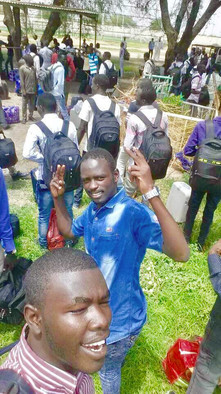
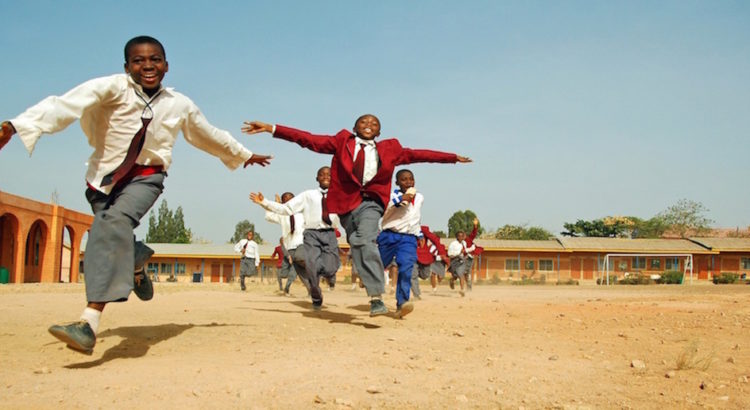

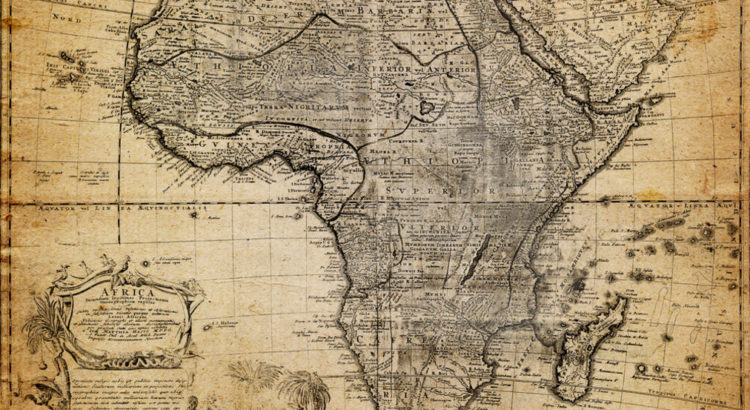
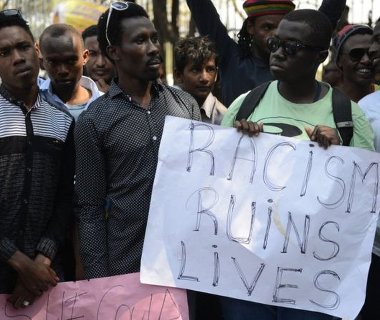
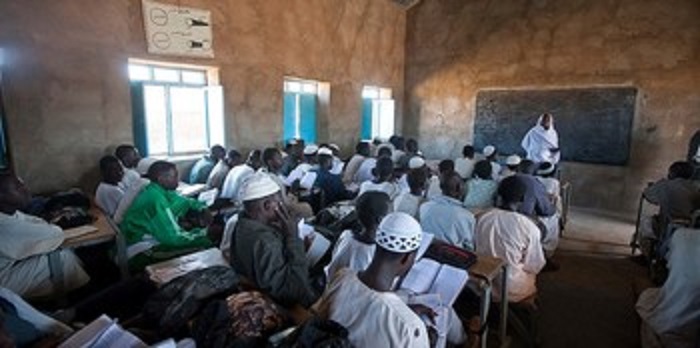








 Users Today : 21
Users Today : 21 Total Users : 35460712
Total Users : 35460712 Views Today : 41
Views Today : 41 Total views : 3419865
Total views : 3419865